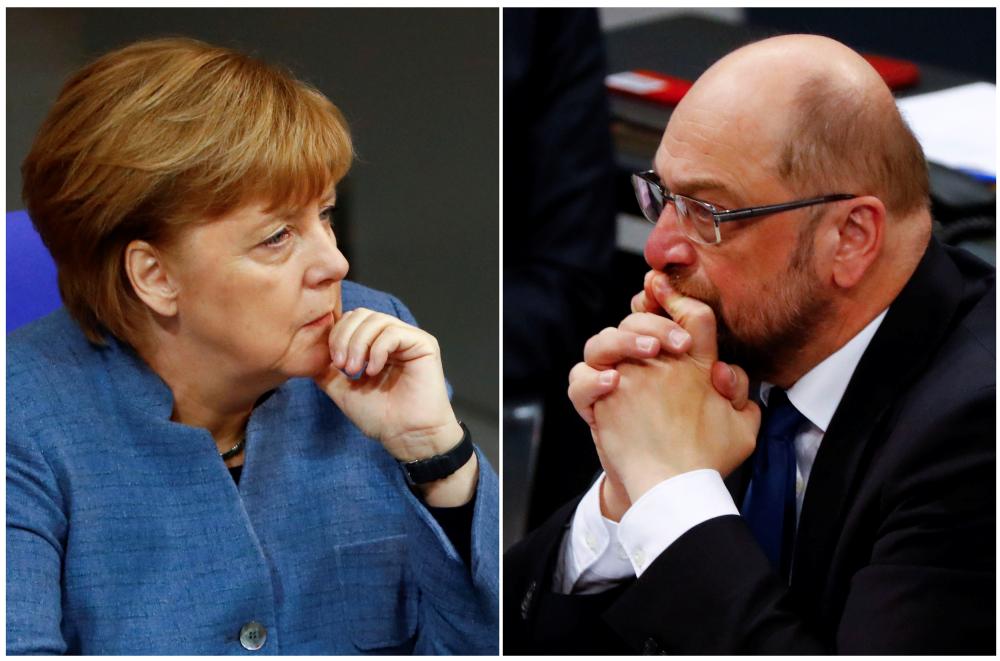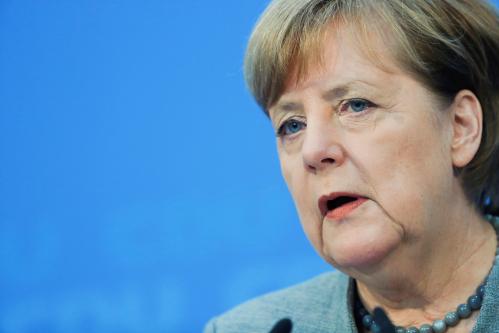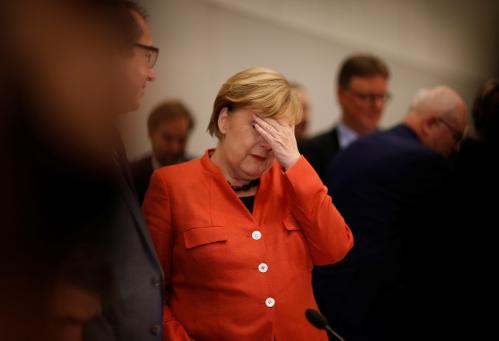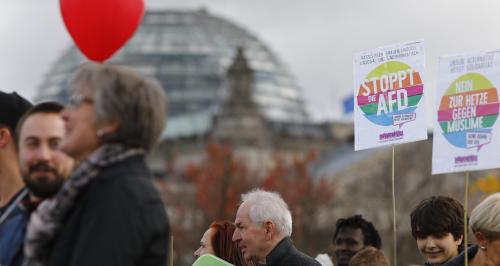
U.S. Government & Politics
Germany weighs its coalition options, Europe waits
As millions of European voters go to the polls in 2017, Brookings experts explain the domestic political and economic dynamics surrounding pivotal elections in several countries, as well as the ramifications for the EU, transatlantic ties, and the Western-led global order.



